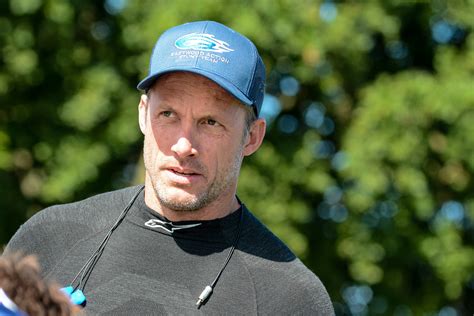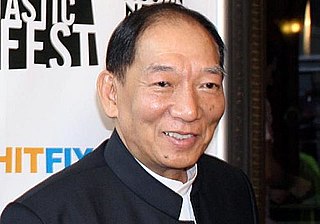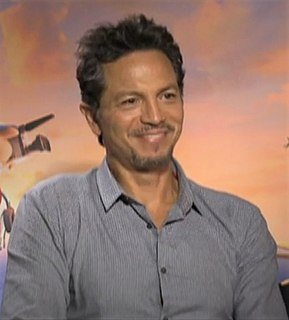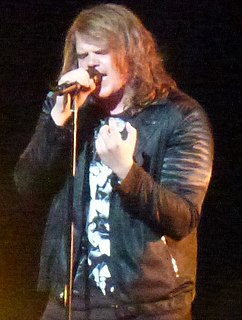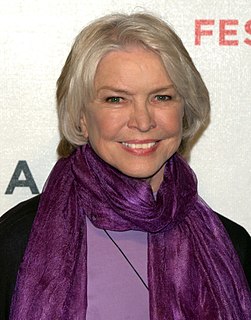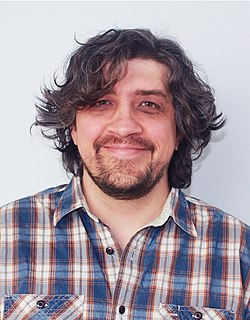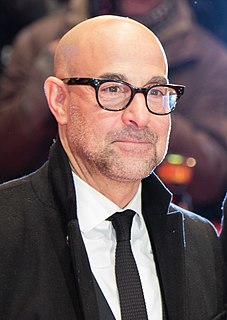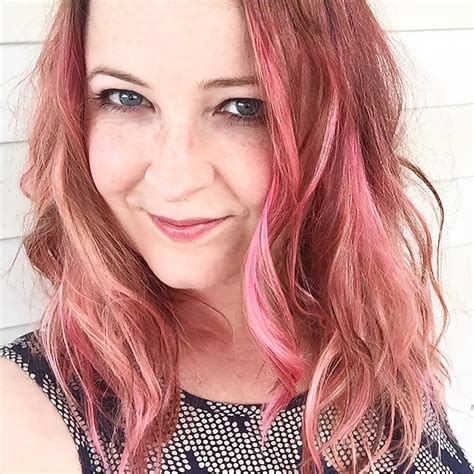A Quote by Paul Bettany
You'll still work with some directors where that doesn't happen, and sometimes it's out of necessity because you're in a really complicated, choreographed fight scene and the whole thing is being prevised in a computer, so it's been decided months before, but I think that's sneaking into the way action scenes are shot.
Related Quotes
The worst thing that can happen is when you have gone weeks and months into elaborate sequences and the storyline of the film changes and you find out they don't need it. Sometimes you don't shoot those sequences, or they have been shot and then get edited out of the sequence you've shot gets changed and needs to be redone. That can be hard. It's not heartbreaking, but you do tend to think, "Och, all that work and effort." But that's filming, you know? You put all of these modular things into the pot, and sometimes they don't all get used.
The whole idea of action being a carrier of information is something that comes directly from theater. That's, in some ways, the one thing I've been trying to contribute. I still write things outside of architecture - not really fiction, but not nonfiction. I like dialogue as a form, because the text is only the trace of an action. The consequential information is carried in the action you choose to put on that text.
Well, for me, the real excitement of doing physical things in films, whether you're talking about a fight scene or a stunt sequence or even a love scene, for that matter, is by necessity it has to be choreographed very much like a dance. That being said, you have to rehearse it over and over again and find a mathematical precision.
I'm such an action movie junkie that as an action fan, because action scenes are so heightened, we could never really picture ourselves in that scene. So when you're watching an action movie, you experience an action movie more outside of the aquarium: you know you're out of the aquarium looking in at all the swimming fish that are in there.
Because of the way that I work with the actors and because a scene is not in this rigid and literal interpretation of something written, I can constantly change stuff, which means I can get a scene absolutely perfect, and then when we go to shoot it, the requirements of the shot mean it would be useful to extend the dialogue or take a line out or swap things around. So the camera doesn't serve the action. The action serves the camera. That's important. So it becomes more and more organic and integrated.
The most I've ever done was twenty-something, but that's wasn't because I wanted to. I feel like to me it's usually somewhere between two and- no, it's very hard to say because it really depends up on the shot, you know? If it's a complicated master shot and you know that this is the only thing that you're doing for that scene, a complicated one-er, you're going to maybe end up doing a few more takes than you normally would. But I'm not a big believer in doing tons and tons and tons of takes.

